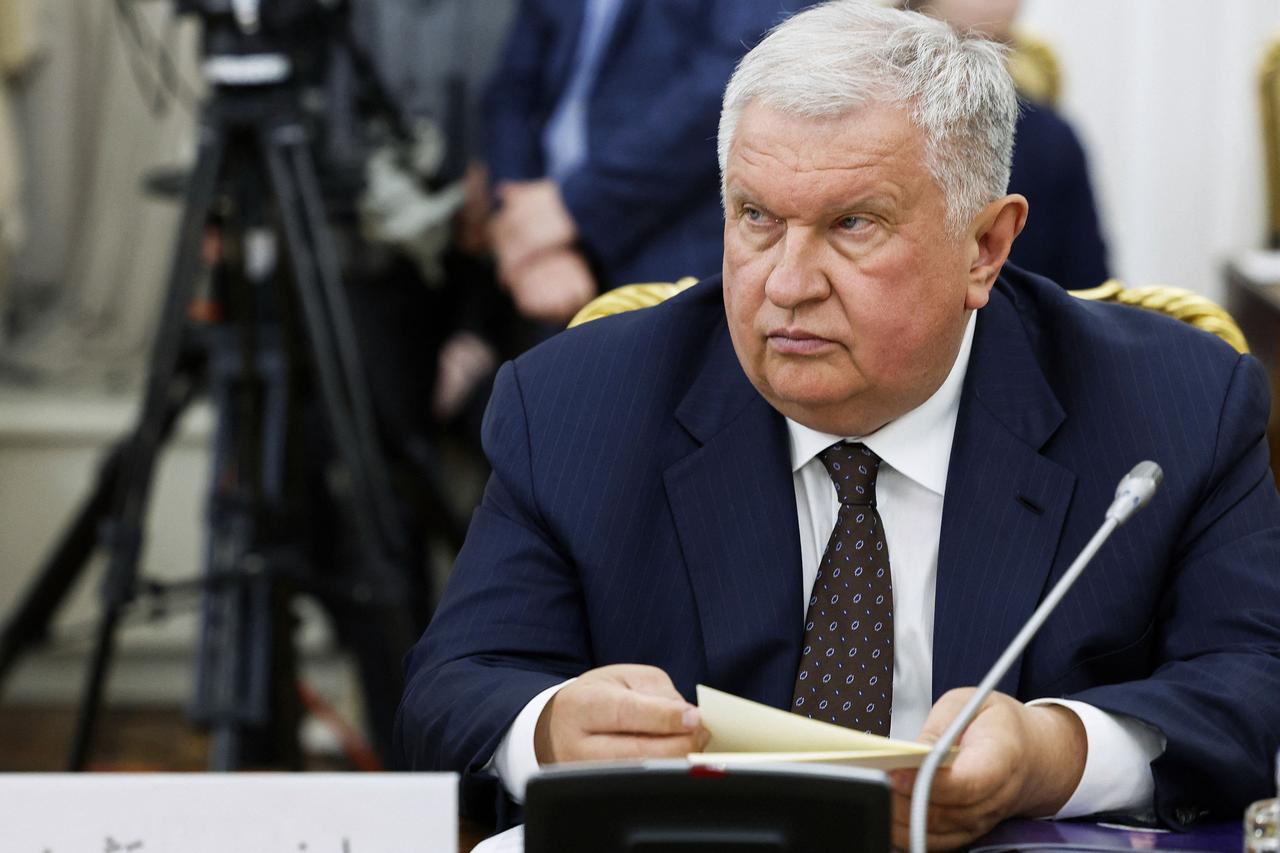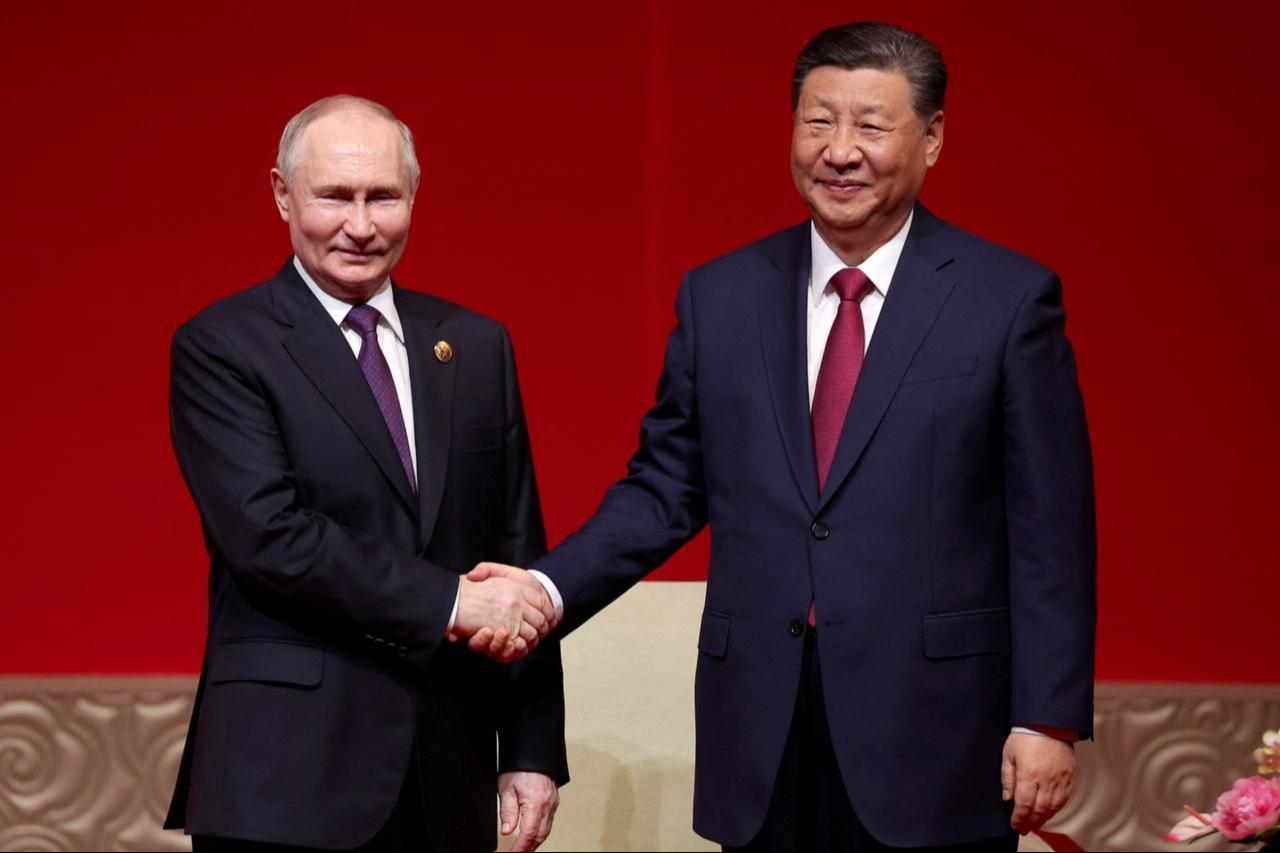
Rosneft CEO Igor Sechin said the continued use of aggressive sanctions against Russia and China is pushing Western countries toward their next economic crisis, warning that many Western politicians fail to recognize the risks.
Speaking at an energy forum in Beijing attended by officials from both countries, Sechin said Russia’s energy supplies have become a key factor supporting China’s strategic objectives.
He noted that Russia has become China’s top crude oil supplier over the past decade, holding a share of nearly 20%.
Sechin also highlighted major changes in China’s external trade settlement structure. The yuan’s share in China’s foreign trade has risen from 2% in 2010 to 52%, while the dollar’s share has dropped from 83% to 43%.
Payments between Russia and China, he said, have shifted almost entirely to national currencies, reducing the role of the dollar and the euro to what he described as a “statistical margin of error.”

Sechin said the use of the dollar as a sanctions tool has weakened its status as a global reserve currency.
He argued that the trend toward national currencies reflects broader structural changes in international financial relations.
On sanctions, Sechin said continued “aggressive” policies targeting Russia and China bring the West “closer to the next economic crisis.”
He said most Western politicians are unaware of the risks created by measures imposed on major global energy and trade actors.
Sechin also pointed to high energy prices in Europe, saying consumers in Germany and Italy are paying 40 cents per kilowatt-hour; a level he said is equivalent to paying $300 per barrel of oil.